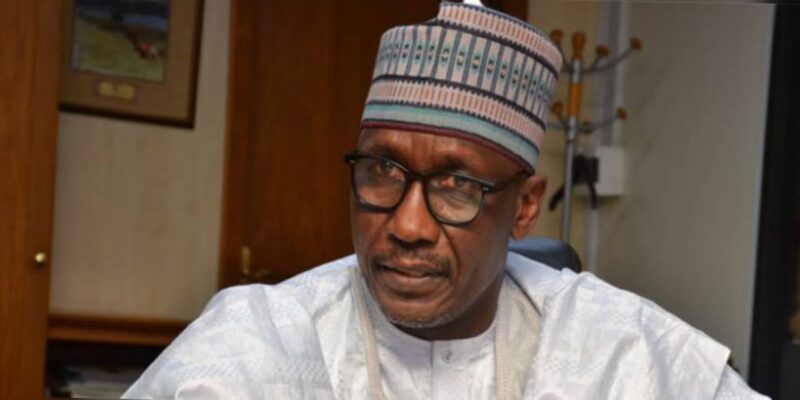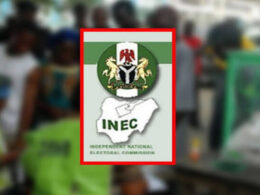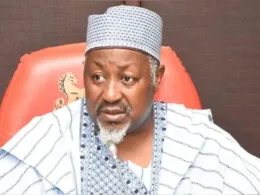A senior NNPCL official, who spoke on the condition of anonymity, confirmed that the company is currently struggling to meet the demands of fuel dealers due to a shortage of available products.
Abuja, Nigeria – The Nigerian National Petroleum Company Limited (NNPCL) is grappling with a severe fuel supply crisis due to mounting debts exceeding $6 billion, which have led global suppliers to withhold petrol deliveries, sources have revealed.
According to industry insiders, the NNPCL, which is solely responsible for importing petrol through supply agents, has been unable to settle its outstanding debts, causing significant disruptions in the nation’s fuel supply chain.
This financial strain has reportedly resulted in at least five vessels, previously scheduled to deliver petrol to Nigeria, refusing to discharge their cargo over fears of non-payment.
A source closely involved in Nigeria’s petrol importation process disclosed that NNPCL’s growing debt has created immense pressure on the company. As a result, the company has been forced to ration its available stock and make urgent appeals to its long-term suppliers to avoid a complete cutoff in supplies.
A senior NNPCL official, who spoke on the condition of anonymity, confirmed that the company is currently struggling to meet the demands of fuel dealers due to a shortage of available products.
The official noted that bulk sales of petrol to depot owners had slowed significantly over the past five days, with no bulk sales taking place since Tuesday, exacerbating the scarcity in the downstream sector.
The source further explained that the fuel shortages and long queues experienced in the last two months are directly linked to the reduction in supply by foreign suppliers who are owed substantial amounts by the Nigerian oil company.
“The Federal Government intervened in mid-August, providing about $300 million to NNPCL to alleviate some of the outstanding liabilities and restore supplier confidence. However, this only provided temporary relief, and the queues quickly returned,” the official stated.
In response to inquiries, NNPCL’s Chief Corporate Communications Officer, Femi Soneye, acknowledged that credit transactions are common in the global oil industry but declined to provide specific details about the company’s current debt. “In the oil trading business, transactions are often carried out on credit; so it is normal to have outstanding balances at certain times. Additionally, through our subsidiary, NNPC Trading, we maintain open trade credit lines with several traders,” Soneye said.
When pressed for the exact amount owed to suppliers, Soneye indicated that he would need additional time to confirm the figures.










Join our Channel...